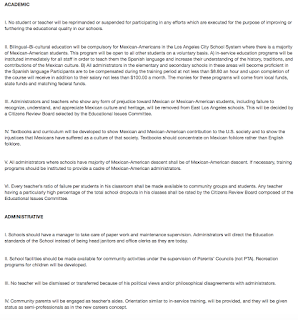A Journey through Argument
Writing 150 was a class that I must admit I was a little anxious to take. With thoughts like "the class is rigged" and "the prompts are difficultly broad and worded" circulating through my head, I gre nervous of what to expect. However, to my surprise I began to recognize the importance of Writing and this class to the development of collegiate scholarship. I would learn lessons that can not only be used in the academic aspects of my life but the social and ethical areas as well. The foundational takeaway from this course for me is the idea that as writers and members of our various communities, we are constantly creating arguments about who we are and the ideas we feel passionately for. This was especially true in the workshops where we focused on developing writing skills to best become masters of rhetoric. In every skill or tactic we use in our writing, we are saying something about ourselves and our point of view in writing. Learning how to center arguments th...


